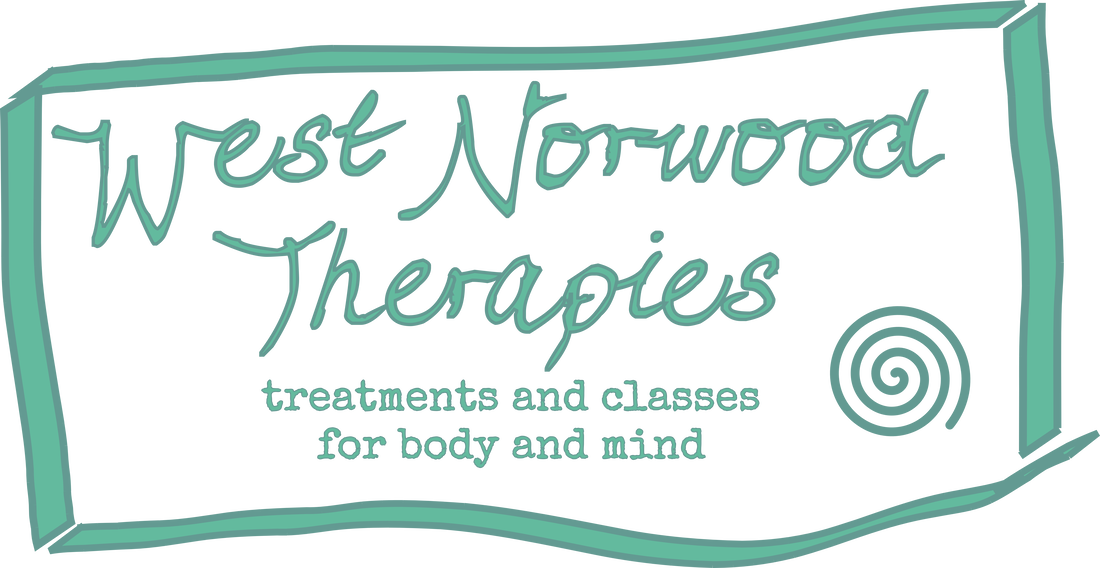|
WNT founder Jennie Duck shares her love of river swimming and how she overcame her hesitations to get in the water this year. I live in Scotland right by the river. It has always been a fantasy of mine to live right by a river – a swimmable river – and sometimes I have to pinch myself to know that this is in fact my life. Normally I am itching to get in for my first swim of the year and this has been as early as April in our 5 years here. I have fantasies of going for a dip every day of the year at some point, but with young children and various life demands I am not aiming to achieve this anytime soon. But over the summer months I love to go in for mini-dips, mega-dips, paddles and full submersive swims. But this year I haven’t wanted to! With this theme of swimming for our summer news I volunteered to write about my first swim of the year and promptly regretted it when I realised that it would involve, well, going for a swim. I have a 9-month-old baby now as well as a 7yr old home-educated child and time has become so hazy and precisely precious all at once. We still live like in lockdown, we are both self-employed working from home and being alone is a hard thing to find at present. Having a shower now constitutes self-care time and I find myself having to choose between things that I used to value as daily activities. I can do some yoga OR tend to my veg patch. I can wash my hair OR go for a run. Swimming in the river involves a change of clothes, a short walk and a shower – that’s like 4 days personal activities all in one.. 😉 I kept thinking of the benefits I get from swimming outdoors – the freshness, the absolute presence in nature, the warm glow afterwards, the sense of achievement – and wondering when I would find these more urgent than a bit of time on my yoga mat or rescuing the beetroot from the weeds. It didn’t come – but my family did! I come from a family who grew up swimming in rivers and the sea. My mum used to say, “I’m always happy by water” and perhaps as a family of Ducks it is no surprise that we are all energised and nourished by water and being in it.
This was a different experience than the solo experience which boosts my emotional, mental and physical health by the combination of headspace, nature, exercise and freedom. This was fun, community, connection, joy, sharing AND nature, exercise and freedom!
As I read the interviews Tessa has done with her swimming clients and Philippa’s input on swimming around perimenopause, I can see the place for doing these things in community, for the joy that can only come from sharing and doing things together. The poet Ross Gay writes about his experience focusing on delight and joy “Which is to say, I felt my life to be more full of delight. Not without sorrow or fear or pain or loss. But more full of delight. I also learned this year that my delight grows—much like love and joy—when I share it.” Then I read Erika’s words on our senses and understand that I still want to go for my solo swims, to nurture my interior landscape as well. Maybe the weeds can defeat the beetroot this year and I can get in an extra few dips…
0 Comments
Acupuncturist Philippa Summers looks at what women can experience from perimenopause onwards and how exercise and swimming can be of great benefit around these years. At a recent party on a chilly evening in the garden I asked a friend in a strappy dress if she was warm enough, she lightly replied “Oh, yes, I have my own personal weather system”. Made me chuckle but menopause is no laughing matter. Some women sail through but for others the symptoms can be unbearable and debilitating and can take a huge toll on just about every aspect of life. It can be a time when women feel at a loss with the changes that are happening to them, bewildered by them. Getting the balance between seeing them as a medical issue and a transformative time of adjustment can be helpful in easing women through this phase of life with greater serenity and joy, with a combined approach offering great benefits. Among the most common symptoms are hot flushes, night sweats, mood changes, tiredness, vaginal discomfort, loss of libido and brain fog, but it affects women very differently and you may experience a range of other physical, mental and emotional symptoms. They can start as women enter the perimenopausal phase, often in their mid 40s, sometimes earlier, usually but not always accompanied by changes in their menstrual cycle. From a medical perspective getting diagnosed is the first step to understanding the changes you are going through and finding solutions that suit you, including HRT. The options can be simple with far reaching benefits. Finding the right choices for you will not only help you to feel better but importantly also help to protect your future health, particularly cardiovascular and bone health. From a lifestyle perspective nutrition, exercise, sleep, relaxation and strong social and emotional connections provide the foundations for your wellbeing, regardless of whether or not you take HRT. Acupuncture can also play a supportive role in helping women ease through the transition, connecting mind with body, with proven benefits for some of the associated symptoms including hot flushes, low mood and anxiety, poor sleep, aches and pain. I have included a link to a resource with a wealth of info at the end, including medical, lifestyle, social and political info. Now, for an overview of exercise and then a brief focus on swimming, our topic for this summer newsletter, in relation to menopause. Exercise From perimenopause onwards physical activity can help to prevent muscle loss which occurs naturally as we age, support a healthy weight reducing the risk of chronic disease and improve cardiovascular, respiratory and bone health. Exercise will build strength, support the joints and alleviate the aches and pain, and the mood enhancing benefits of exercise can help in the way we perceive pain. Additionally, it can help with sleep and generally help you to feel better. If you have specific health issues that limit your activity then seek appropriate advice and support. As a guide try to get about 30 minutes of moderate exercise 5 times a week but if you are new to exercise then start light with 10 mins a day and build up gradually. Aim for a combination of exercise each week:
Cold water swimming is anecdotally very helpful to relieve hot flushes and some of the other symptoms of menopause. It has proven stress relieving and anxiety reducing benefits which can last for several days, and also helps immunity. We are fortunate to have Tooting and Brockwell Park lidos on our doorstep. During the winter especially, they are places with a strong sense of community and camaraderie. If you intend to swim into the winter months then start swimming during the warmer summer and autumn months so that you can gradually acclimatise. As the temperatures cool check out the cold water swimming guides so that you adjust safely and do not overdo your exposure to the cold.
More Information If you are seeking more information the Balance-Menopause website, set up by menopause specialist Dr Louise Newson, is a good place to start for understanding more about the perimenopause and menopause and finding support, with an app to track symptoms if you wish. Their mission is to make menopause support inclusive and accessible to everyone globally, with some extremely useful free resources. If you have symptoms then seek out a menopause trained specialist to confirm diagnosis and guide you through treatment choices - HRT, alternative options and lifestyle advice all have a role to play. Sports massage therapist Tessa Glover interviews her client Emily Hayter who is a competitive swimmer who trains with Spencer swimming club. Emily shares how she approaches training and competing and encourages us that swimming can be taken up at any age and stage. Thanks for sharing Emily! 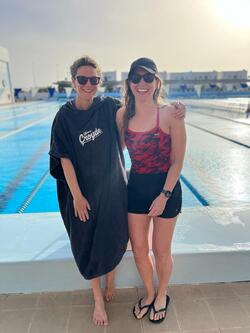 How long have you been a competitive swimmer? I always loved the water and I swam competitively for a few years in my early teens while I was living in Canada. I swam on and off on my own after that but was mainly keeping active through other things. After a 17 year break from club swimming I joined a Masters club, Spencer, in London in my early 30s and started competing again. How did you come to choose your preferred swimming stroke and distance? It's changed since I was younger, partly due to injuries (eg no breastroke because of my knees so no medley events anymore). The only one of my favourite events from when I was younger which I'm still doing is the 50m butterfly. One thing that's great about pool swimming is you learn and practise all four strokes, so everyone finds their own favourite. Aside from the 50 fly I race all freestyle, everything from 100m to 1500m. This year I'm also doing my first open water event which will be 3800m. At some point I might need to choose between the short and long distances though, as it's difficult to train for both at the same time. What do you love most about swimming? What does it give you? As an adult, swimming in a club has brought me back to a regular fitness schedule, guided by a coach and in the company of great fellow swimmers. I get so much more from it than I was getting just from going to the gym. I've also made new friends and started going on swimming trips like training camps at Club La Santa in Lanzarote and sea swimming holidays in Italy with SwimTrek. I feel inspired by the older swimmers in Masters, many of whom are still racing and setting records in their 60s and beyond. Club swimming has brought me great examples of how to stay fit in later life. What's the toughest part of training for a competition? I've always been more of a training person than a racing person. I like training and usually go 3 times a week with Spencer. Some people are the opposite, they love racing but not so much training. The unpredictability can be tough in both training and racing. You have good days and bad days in the pool, and they can be quite random (ie not linked to diet, rest etc) which can be discouraging. So trust and confidence in the training you've been doing throughout the year is important. There's also a lot of technique to think about in swimming, and we work on that all the time. It's difficult to change ingrained habits and patterns of movement, and it takes patience. I usually find that as soon as I fix one technique detail I start doing something else wrong! So it's a continuous process. Can a swimmer get into competitive swimming as an adult? Definitely! I know several people who only started doing lane swimming or learned all the strokes as adults and then got into competitions, either in pool/Masters swimming, open water or triathlon. At my club not everyone competes in pool competitions, some people do triathlon or open water and others just train for fitness and don't compete at all. How do you look after yourself physically and mentally? I do pilates a few times a week, which helps with management of old knee and back injuries that would otherwise prevent me from swimming. Swimming encourages me to do these types of conditioning exercises I should have been doing before but wasn't motivated to do. I used to do yoga but after learning more about hypermobility I swapped to pilates and find it better for me. I also go for massages with Tessa at WNT which really helps me manage a neck issue I've developed. I'm lucky to have generally good mental health. I try to maintain it through exercise, work/life balance, social life and occasional restorative yoga. I love food and eat a lot but generally pretty healthily. Another thing I should have mentioned that swimming gives me is the excuse for a lot of snacking.
How long have you been a swimmer and when did you discover the joy of open water swimming?
Although I learned to swim as a child I only took up Open Water swimming aged 51. As my youngest son finished his A levels, I found myself with more time at weekends. I know you consider yourself to be a slow swimmer compared to others but you are a strong endurance swimmer. When did you discover that you can swim long distances? And what’s the key to endurance swimming? After a few 1 mile (1.6km) lake swim events I decided I wanted to take on bigger challenges, so next up was a 1.9km then a 3km swim. I couldn't find anyone to join me for the Jubilee river 10km relay and ended up signing up to swim solo instead. It was at this point I decided I needed some swim coaching so joined Windrush Triathlon club, a multi-sports club in south London. After the Jubilee marathon I did several other long distance swims and also went on some open water swimming holidays. My tips for endurance swimming are to keep working on your swimming technique over winter, then gradually build up to longer distances in lakes, rivers and the sea as the weather warms up. Experience of being able to handle currents, cooler water and all weather conditions helps a lot. Breathing, technique and cardio fitness combined? Anything else? Relaxed breathing comes with practice and I would also recommend some strength and conditioning sessions and of course regular sports massages. What do you consider to be the main benefits of open water swimming? I experience a huge sense of wellbeing swimming outside. I love the sensation of moving through the water, hearing birds, seeing fish (sometimes) and feeling part of nature. The open water swimming community is extremely friendly and I love the challenge of different water conditions. A sea swim between the same two points will be different every single time so you never get bored. I like to think there are health benefits and I definitely feel more mentally resilient. What advice would you give to people who would like to try lake or sea swimming for the first time? Many venues have introductory sessions so I would try these. Don't wait until you can persuade a friend, as you will meet like-minded people there. For sea swimming I would rely on local knowledge and join online communities. For a first time open water swimmer, what are essential items they should buy/borrow? Essential items are a comfortable swimming costume, a brightly coloured swim cap and goggles. If you want to try a longer swim and/or cooler water, a wetsuit is recommended. You can hire these at many venues if you want to try one out. I bought my first wetsuit second-hand. Make sure it is a swimming wetsuit though, a surfing one will restrict your shoulders. I would also recommend a tow-float unless it is very windy and the first time you swim against the current (outside an organised event), fins can be useful. Margi is Swim Captain at Windrush Triathlon Club https://windrushtri.co.uk/swimming Massage therapist Erika Zettervall explores our senses - the big 5 and some lesser recognised ones that shape our experiences - and suggests some ways of using this to cultivate calm and a richer experience. We have five main senses that we all are likely to be very familiar with and three or four lesser known senses. These are connected to sensory organs. 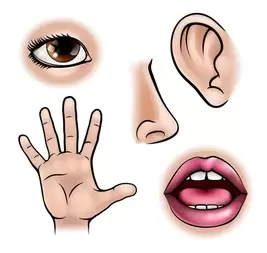 Our main senses: Vision - eyes Touch - skin Hearing - ears Smell - nose Taste- tongue The lesser known senses are perhaps just ones that have not been incorporated into everyday thinking about senses. There are several and it varies depending on how much you break them down into finer systems and functions.
Balance – the vestibular system – tells us whether we’re in equilibrium or not, and whether we’re in motion or not. We have the inner ear to thank for that one. The sense of pain – nociception – is nerve or tissue damage felt in the skin, joints, bones, and internal organs. Proprioception or position Temperature There is also interoception related to how things feel on the inside for example blood pressure, sense of stretch in the bladder Through external sensory input our brains interpret nerve signals and conjure up a picture that gives us all a unique view of the world. Colour adds a dimension to seeing and we all experience colour differently. The artist Cezanne described it as where the brain and the universe meet. Practicing a wider sensory awareness will create a richness in life and is useful to bring calm and presence. A simple way to bring to ground yourself and reduce anxiety is tuning into the five main senses: What can I see: looking around, pick large or small items to focus on, try to notice the colour, texture, and patterns. What can I touch: notice skin whilst taking palm to palm, fabric of clothes, any object you can pick up and touch, putting hand (or body) into water. What do I hear: near, far, from different directions and volume. What can I smell: you can bring things to your nose but also notice if and what you can pick up from the air. What do I taste: if you don’t have anything at hand think about distinct flavours as you remember them like lemon, coffee, something sweet, Noticing and observing the sensations from the surroundings brings you into the space and present to the moment. It also orientates you into the now, geographically and in time. In addition it will also subtly enrich and broaden any experience. With anxiety we are away worrying about what may or may not happen, sometimes completely fictional but the fear appears real. Becoming present in the moment this way aids the distinction between factual and fictional fears. For example; good to hear a car approaching whilst out walking rather than being away in the mind somewhere else, worrying about things that might or might not happen. Since we have a focus on water and swimming with our blogs from West Norwood Therapies this summer, a suggestion from me is to bring your senses into interactions with water. Apart from taste for obvious reasons. When immersing into water notice the sensations on the skin, sense the texture, temperature and scent. The sea water is very different to a lake or pool in texture, scent and colour. Listen for the sounds both being in, under and around water. If you are by the coast, gaze out at the offing, where the sky meets the ocean. Pay attention to the sounds sounds and smells and you can have an awe-inducing full body/mind experience. Observe water move - be it waves of the sea, swirling brook, big water fall or rain is mesmerising and meditative, adding the sound and smell of it the experience swells. Stepping out just after rain, scenting the petrichor brings calm and joy. Bring your senses to your summer water adventures and see if it will increase experience of awe and joy. |
AuthorBlogs from the WNT team. For our blogs from before June 2020 please see individual profile pages - it's a good way to get to know practitioners too. Archives
June 2024
Categories
All
|
|
Visit us - by appointment only please - in the office block in the Access Self Storage premises at 443 Norwood Road, London, SE27 9DQ
[email protected] Phone - please contact practitioners directly, or if not in a rush you can leave a message for us to call you back at 07931876931. |
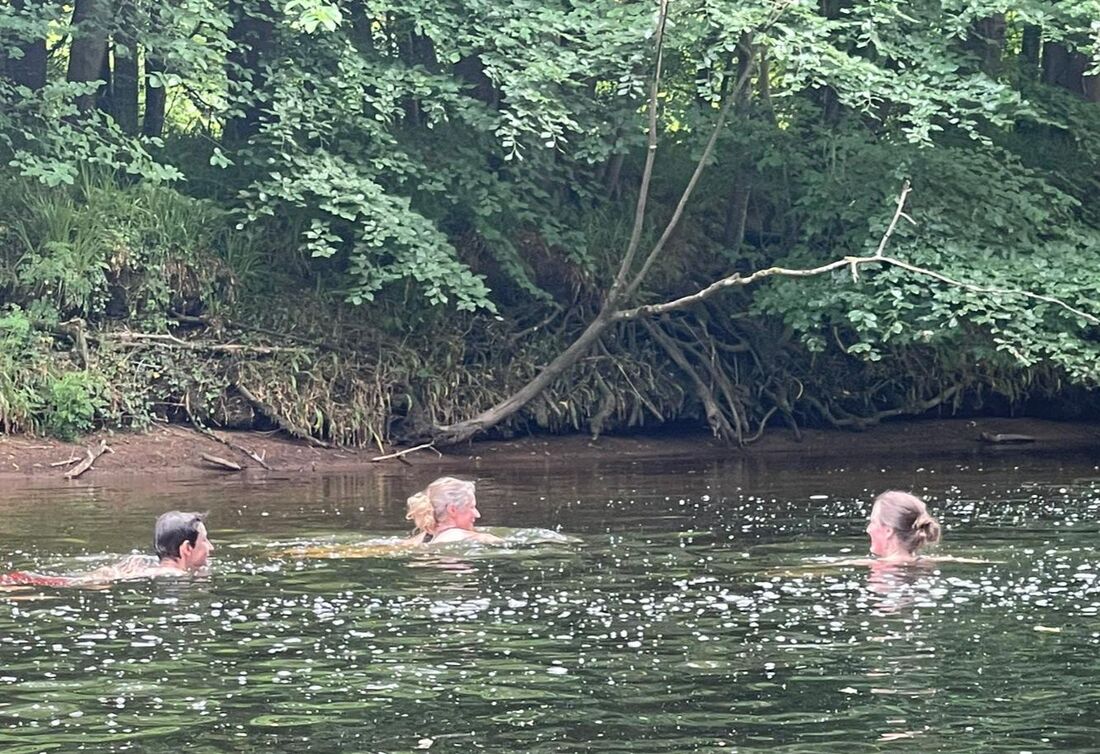
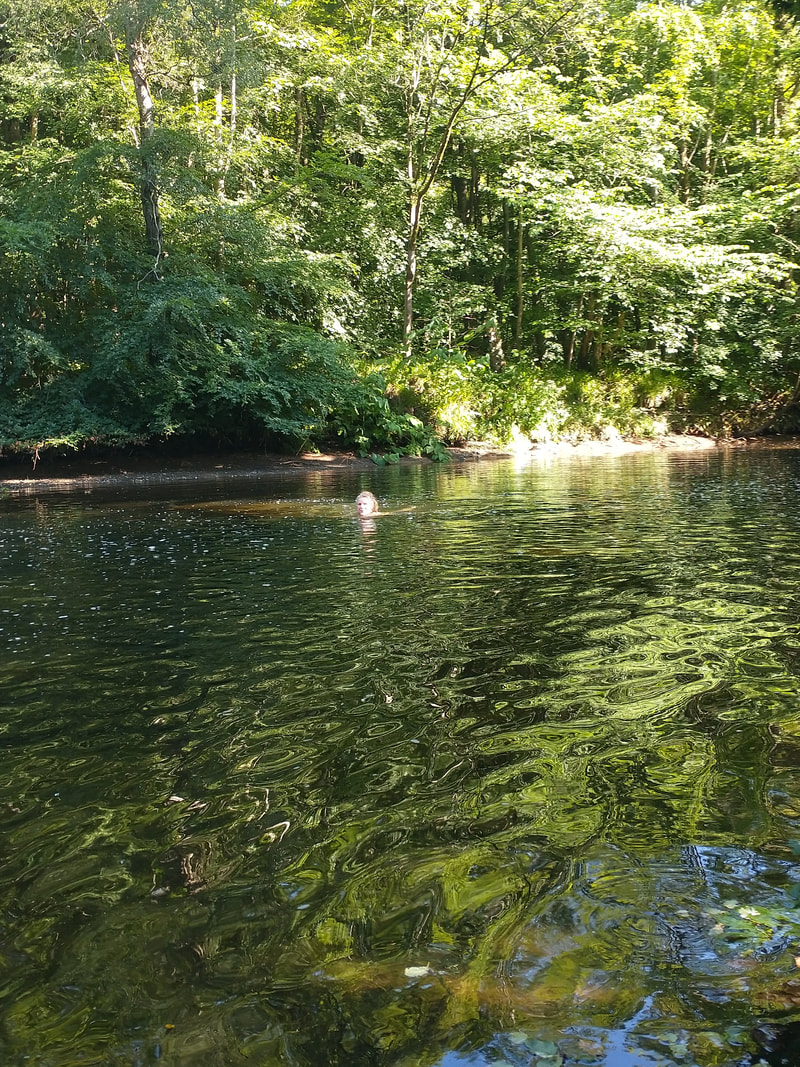
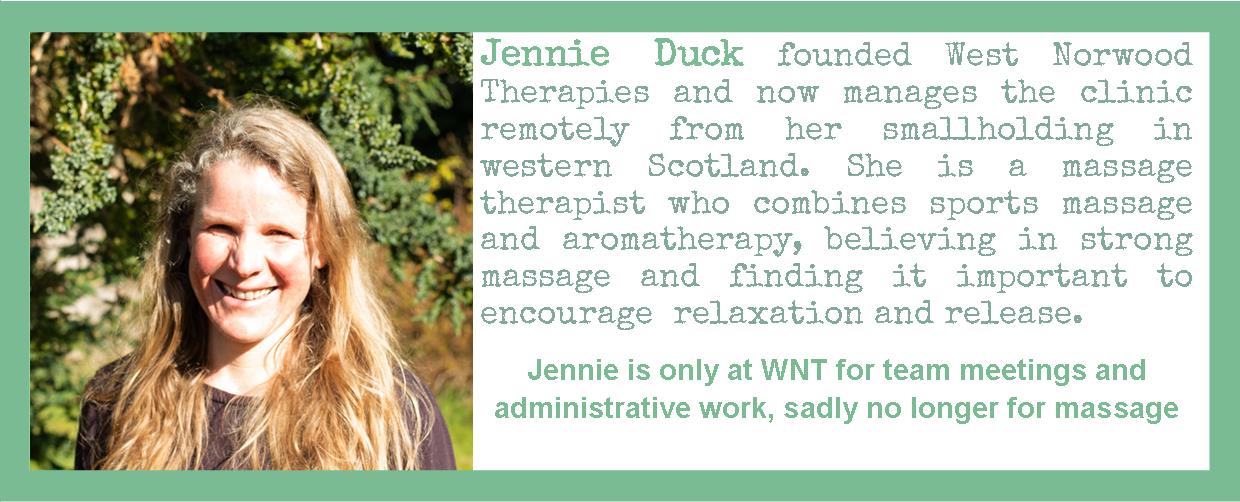
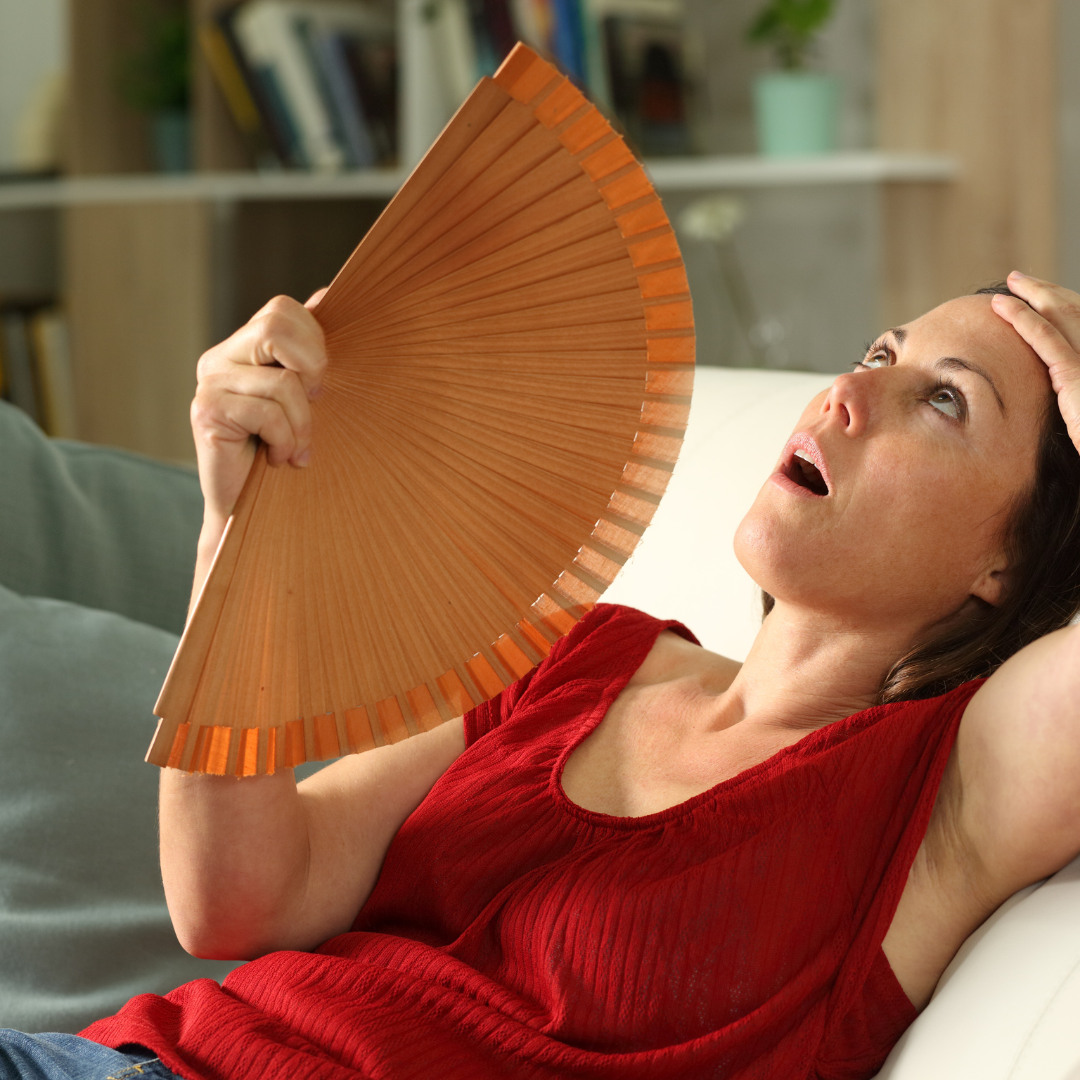
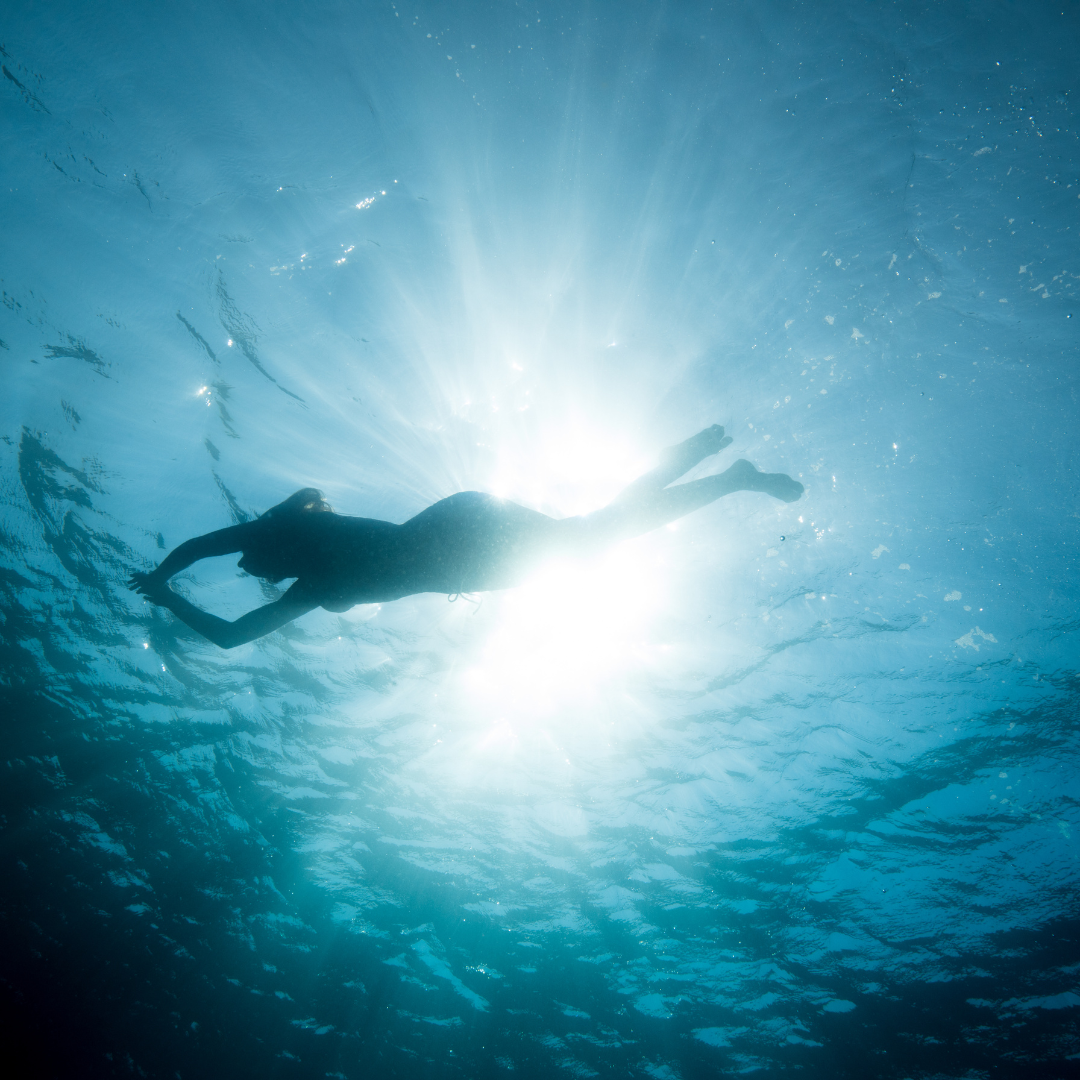
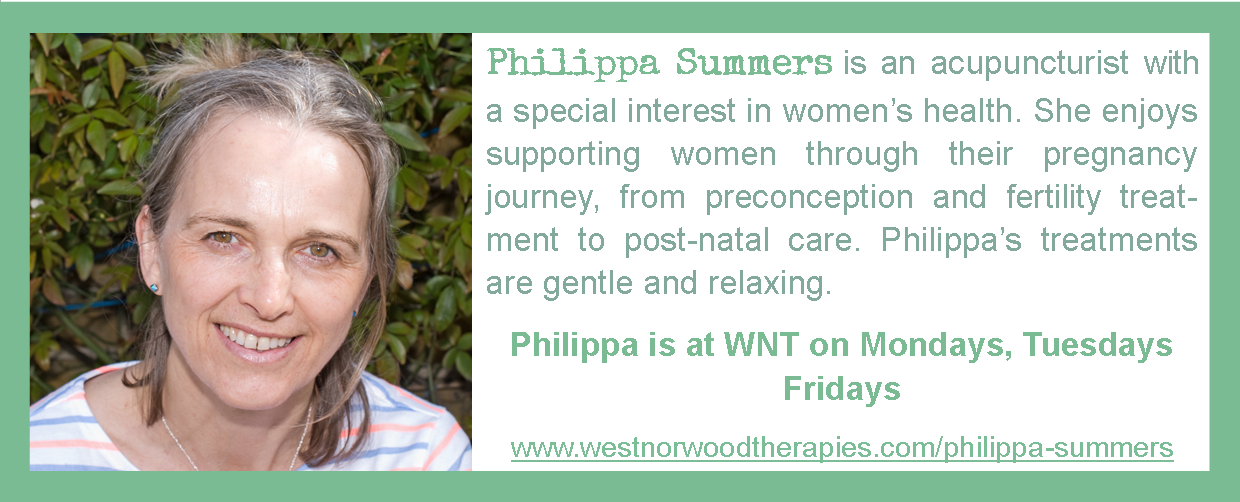
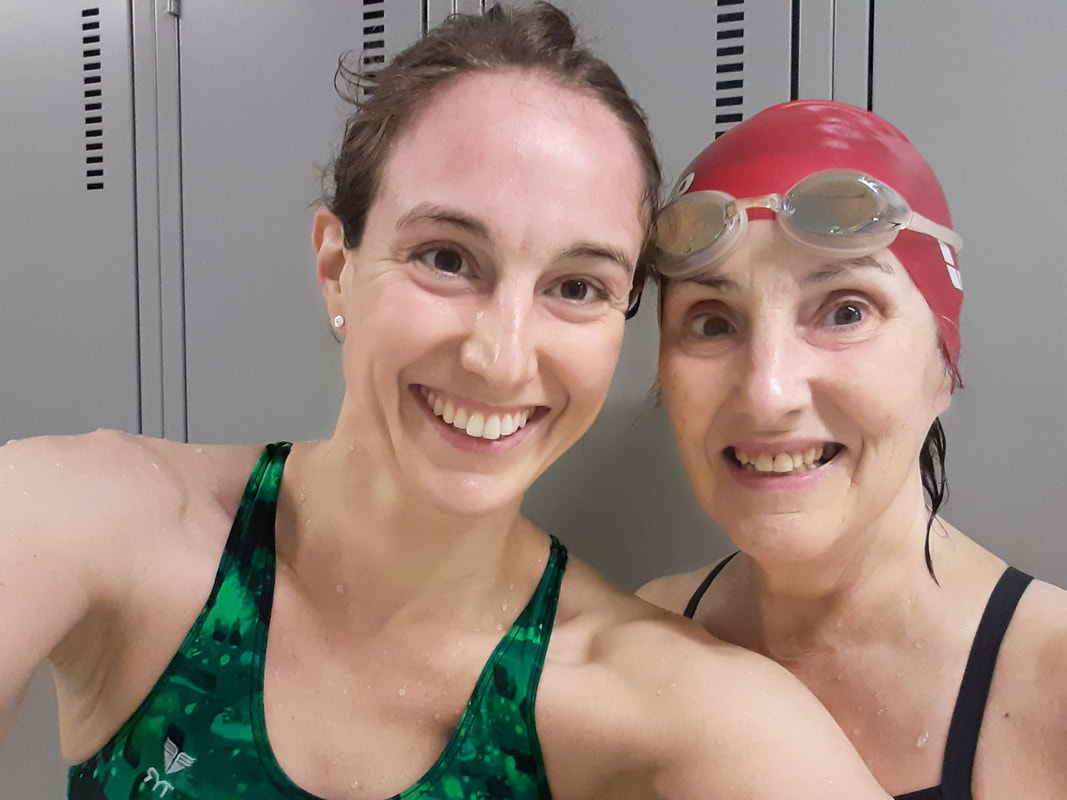
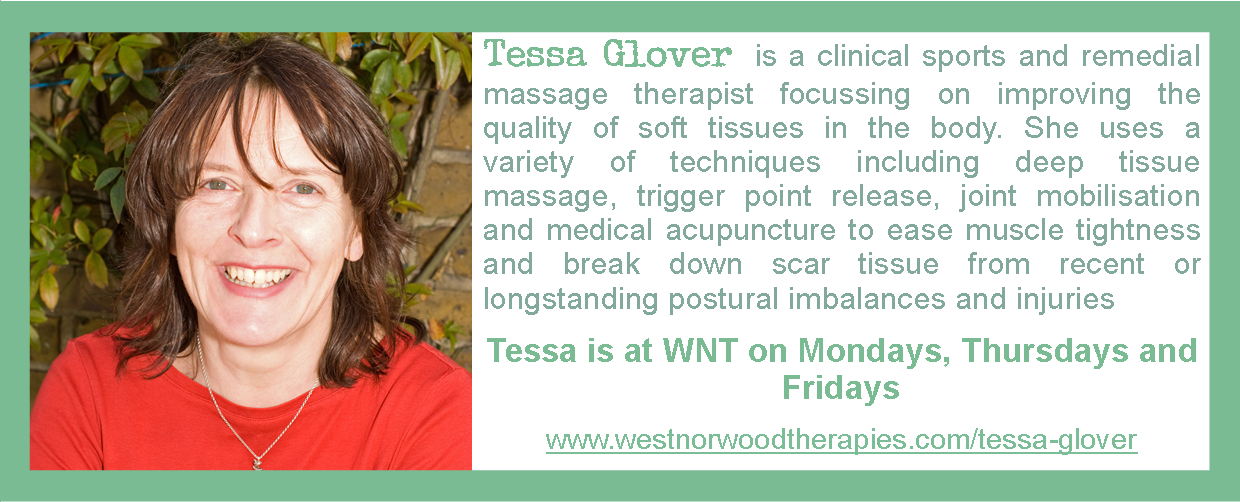

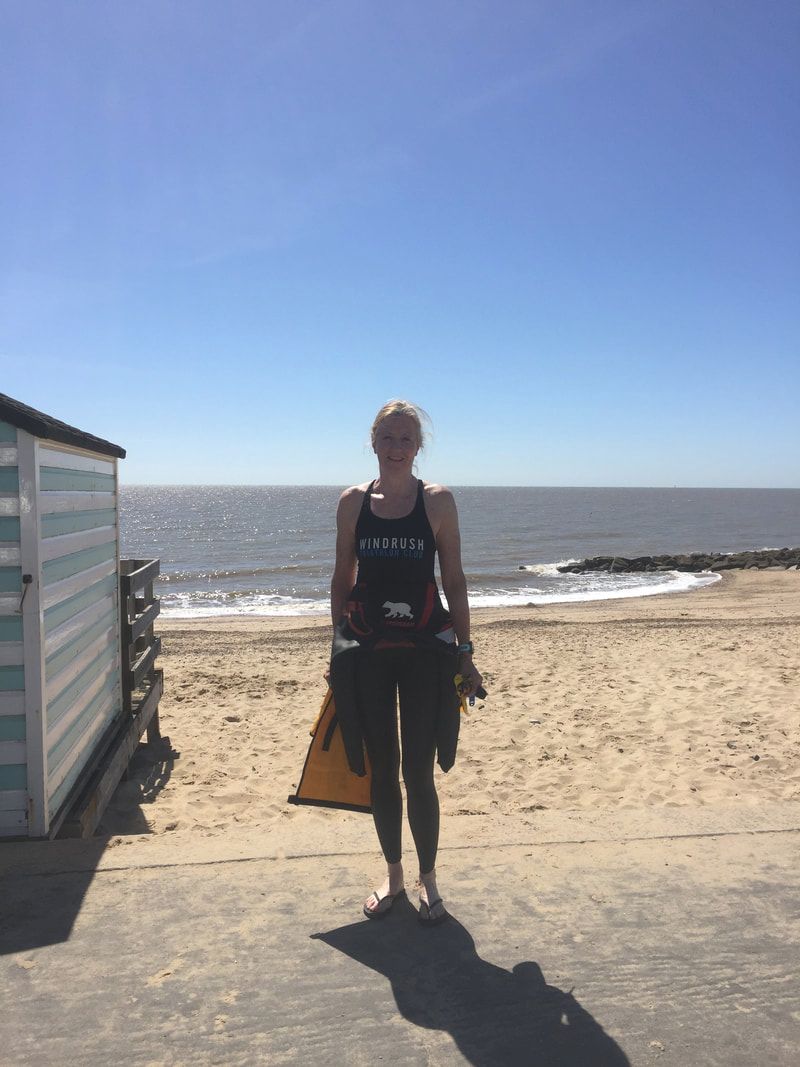
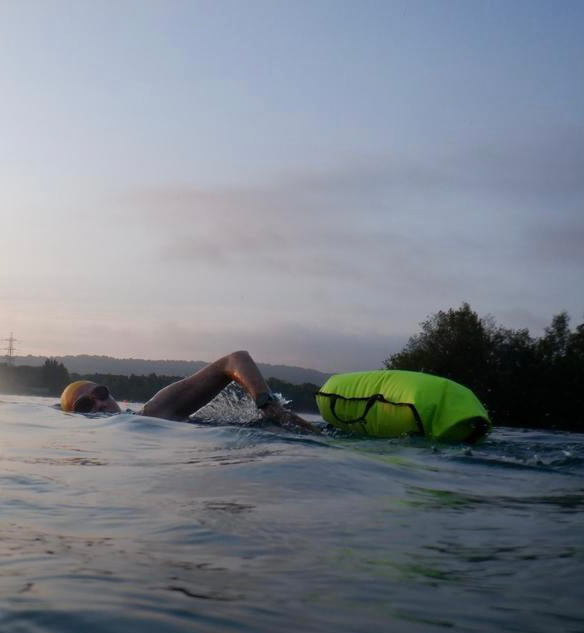
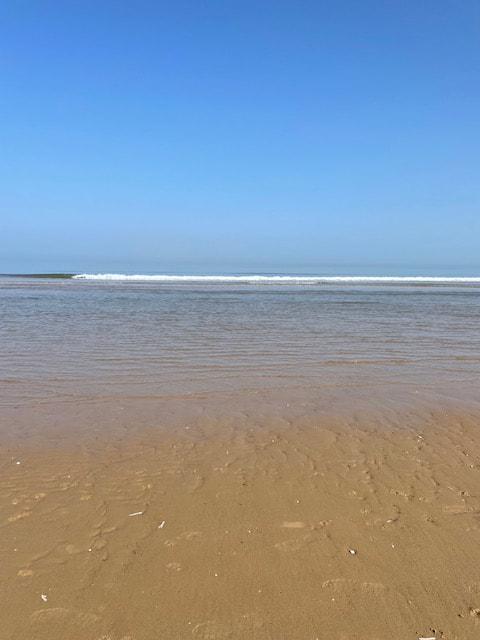
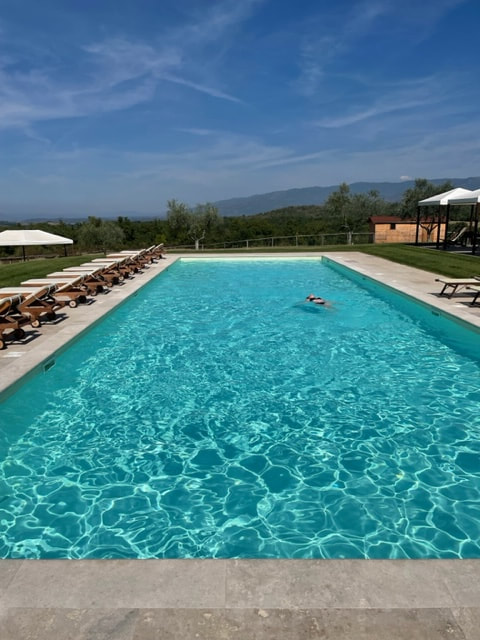
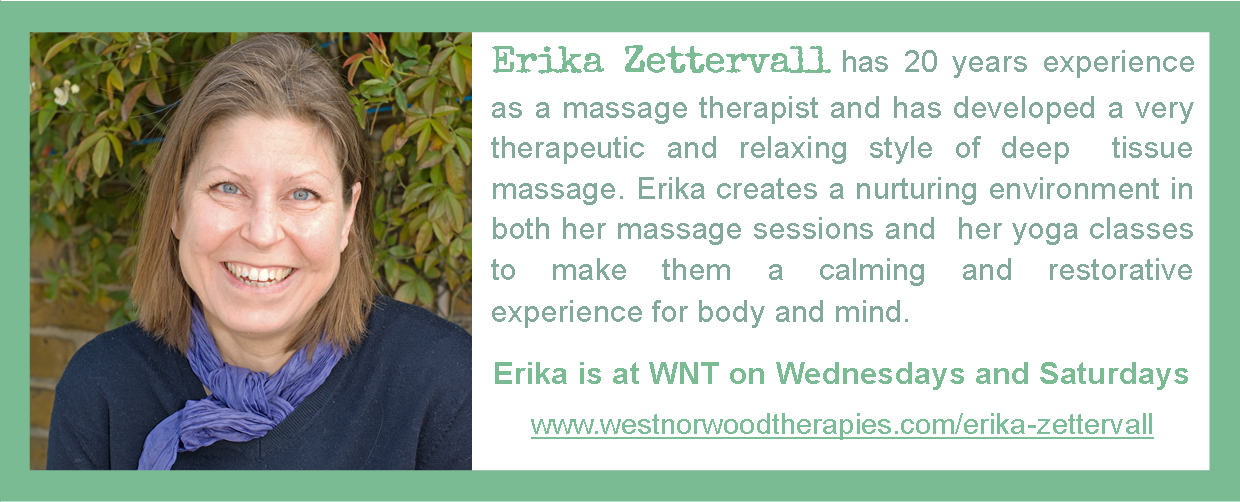
 RSS Feed
RSS Feed
